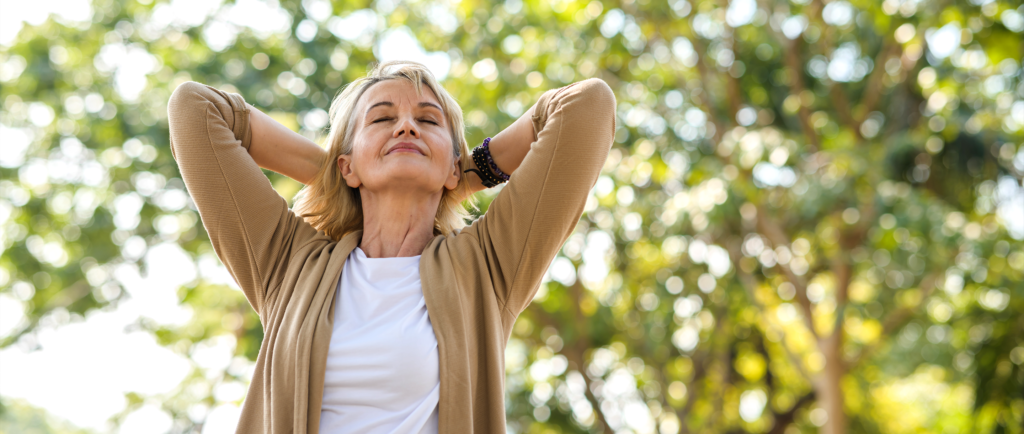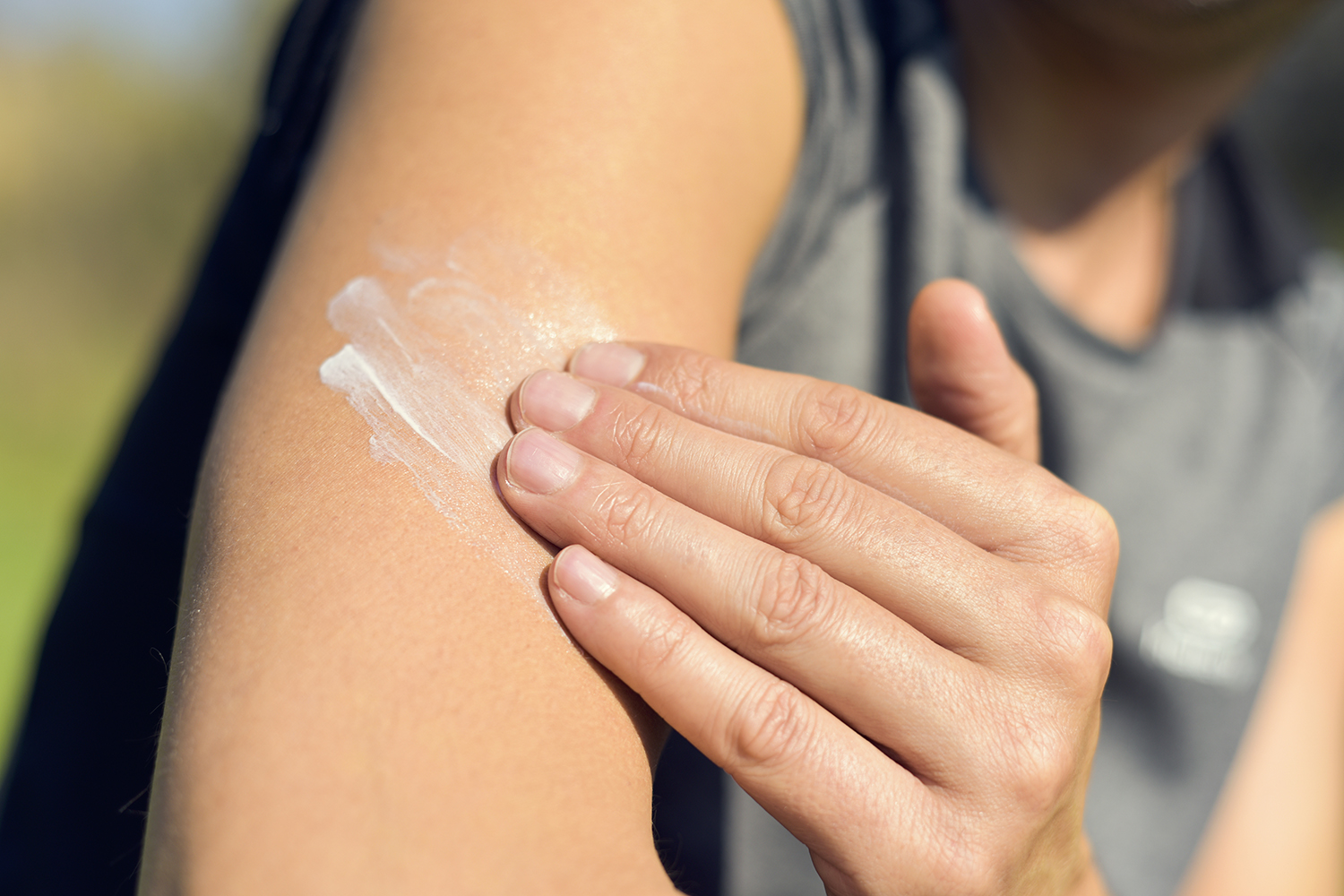
Ageless Aging, the Health Plan of Nevada Way
Aging. Yes, the dreaded “A” word, where our energy level doesn’t seem to be the same, our hair gets a little thinner (and whiter), our bones become a little rustier, and our face just doesn’t have that baby-like glow any longer.
While aging is unavoidable, there are many preventive measures we can take, and proactive treatments we can do, that may delay the process. It’s important to get regular health screenings to help ensure how we feel on the outside matches what is happening on the inside.
Preventive Screenings for Women
HPN encourages members to stay up-to-date with their health screenings. For women, the CDC recommends the following screenings:
- Cervical cancer screening every three years (if Pap test result is normal) starting at age 21
- Mammogram every one to two years starting at age 40
- Colorectal screening every 10 years (for people who do not have an increased risk of colorectal cancer) starting at age 45
- Chlamydia screening every year for sexually active women up to age 24 and older women at increased risk for infection
- Certain adult immunizations
Of course, your provider may recommend more frequent screenings or additional testing based on your unique health conditions.
Protect your skin!

So how do we go about aging gracefully? The first thing is to protect your skin! The most effective way to do so is by avoiding and limiting sun exposure. Wearing protective clothing and avoiding being outside between the hours of 10 a.m. and 3 p.m. when ultraviolet rays are the strongest are two ways to limit direct sunlight.
We’ve heard it a million times since we were kids, but wearing sunscreen (preferably 30 SPF or over) is a must, even if you don’t think you’ll be directly in the sun. Many makeup brands offer SPF-infused products that work both as makeup and sun protectors. Popular items that have sun protection in their formulas include powders, foundations, concealers, tinted moisturizers and creams. Not only does having SPF in your go-to makeup products make life easier, but it also effortlessly protects your largest organ, your skin, without any extra effort.
You are what you eat!
It’s not only what we put on our bodies that’s important but also what we put in them. A healthy diet plays a tremendous role in how the aging process will affect you in the long run. Incorporating whole foods like fruits, vegetables, whole grains and lean proteins may help prevent or manage chronic health conditions. Plant-based diets may also boast aging health benefits, such as a lower risk of heart disease and an improvement to your immune system. Read more about plant-based diets.

Anti-aging superfoods are the key to anti-aging success. Foods like blueberries, packed with bioflavonoids; broccoli, an incredible source of iron and a top anti-cancer vegetable; tomatoes; oily fish; avocados; and Brazil nuts all fall under the superfoods category. Many superfoods also contain vitamin C, which in addition to supporting a strong immune system helps fight wrinkles. Foods high in this nutrient are citrus fruits, bell peppers, broccoli, strawberries and kiwi. When it comes to superfoods, don’t underestimate their strength, because their power will keep you energized and healthy for years to come.
Get moving!
It’s not just what we eat but how we move. Regular exercise, approximately 150 minutes of moderate activity or 75 minutes of rigorous exercise a week, is recommended and can be a huge defense in the aging game. But it’s beyond just getting your 10,000 steps in every day. Endurance training, otherwise known as aerobic exercise, is the best way to protect the body’s metabolism from the effects of age. It reduces body fat, sensitizes the body’s tissues to insulin, and lowers blood sugar levels. Resistance training, on the other hand, improves our muscle strength and is achieved by lifting weights. It builds our muscle endurance and reduces the risk of brittle bones and osteoporosis.
Prevent bone loss by getting calcium-rich foods in your diet daily, like milk, yogurt, cheese, tofu, dark leafy greens, almonds or calcium-fortified soy milk. Women aged 40 to 50 should get 1,000 milligrams per day, and women aged 50 to 70 need 1,200 milligrams per day. Also, add strength training to your exercise routine a few times each week to help strengthen your bones.
-Carolyn Schut, MS, RD, LD, CLC, Registered Dietitian
Health Plan of Nevada
If the thought of exercise is daunting and you don’t know how to take the first step (pun intended), Health Plan of Nevada has developed a brand-new health, education and wellness program (HEW) that offers tools for healthy living. One of these is a weight-management program to help you dial in your nutrition and physical activity, providing effective and manageable weight-loss solutions that match your lifestyle and your goals while building your confidence. This includes weekly virtual classes, learning about basic nutrition and meal planning, and setting physical fitness goals.
As they say, it takes a village, and all these efforts combined can result in the gift of getting old. By scheduling routine health checkups and screenings, maintaining a healthy diet, getting regular exercise, and protecting your skin, you can make yourself a true threat to the aging process.
Men have their own requirements when it comes to preventive health screenings. Check back soon for screening information for men. In the meantime, be sure to talk to your doctor about which screenings are right for you based on your age, medical history and health risks.






















